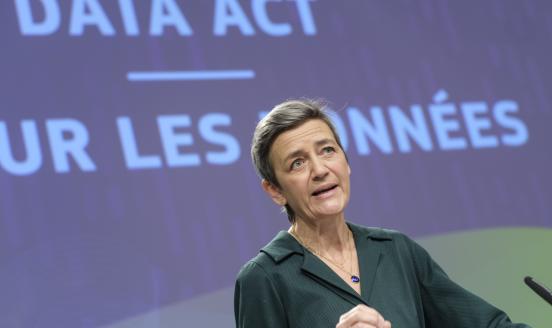Economic arguments in favour of reducing copyright protection for generative AI inputs and outputs
The licensing of training inputs slows down economic growth compared to what it could be with competitive and high-quality GenAI

Generative artificial intelligence (GenAI) models have stirred considerable controversy about copyright protection for AI training inputs and model outputs. The European Union’s AI Act will require model developers to be transparent about their use of training inputs such as text, images and music. The EU Copyright Directive allows free text and data mining of these media inputs unless copyright holders have opted out and want license payments.
The right to opt-out amounts to economically inefficient overprotection of copyright. Free use of media content for GenAI training does not affect media sales to consumers. Optouts only strengthen the bargaining position of copyright holders, who decide depending on their private interests. That generates windfall profits without any increase in consumer surplus or social welfare.
The licensing of training inputs reduces the quantity of data and the quality of GenAI models, creates transaction costs and reduces competition between GenAI firms. This slows down GenAI-induced innovation in media products and production processes, and productivity gains in all service sectors that apply GenAI. Ultimately, it slows down economic growth compared to what it could be with competitive and high-quality GenAI.
Bargaining over license pricing is arbitrary as there is no objective revenue benchmark to start from. Defenders of the moral right to remuneration argue that any arbitrary remuneration is better than no remuneration. But this private moral right comes at the expense of social welfare. The ongoing bargaining and court cases between media producers and GenAI developers risk entrenching this market failure in jurisprudence.
Early regulatory intervention and elimination of opt-outs for GenAI training, or weakening them in AI Act implementation guidelines, would solve this. There is no need for copyright on GenAI outputs either. GenAI reduces the marginal cost of machine-production of media outputs to close to zero, on par with the marginal cost of reproduction. That eliminates incentives for piracy. Moreover, composite human-machine
outputs benefit from a de-facto extension of copyright on the human component.


